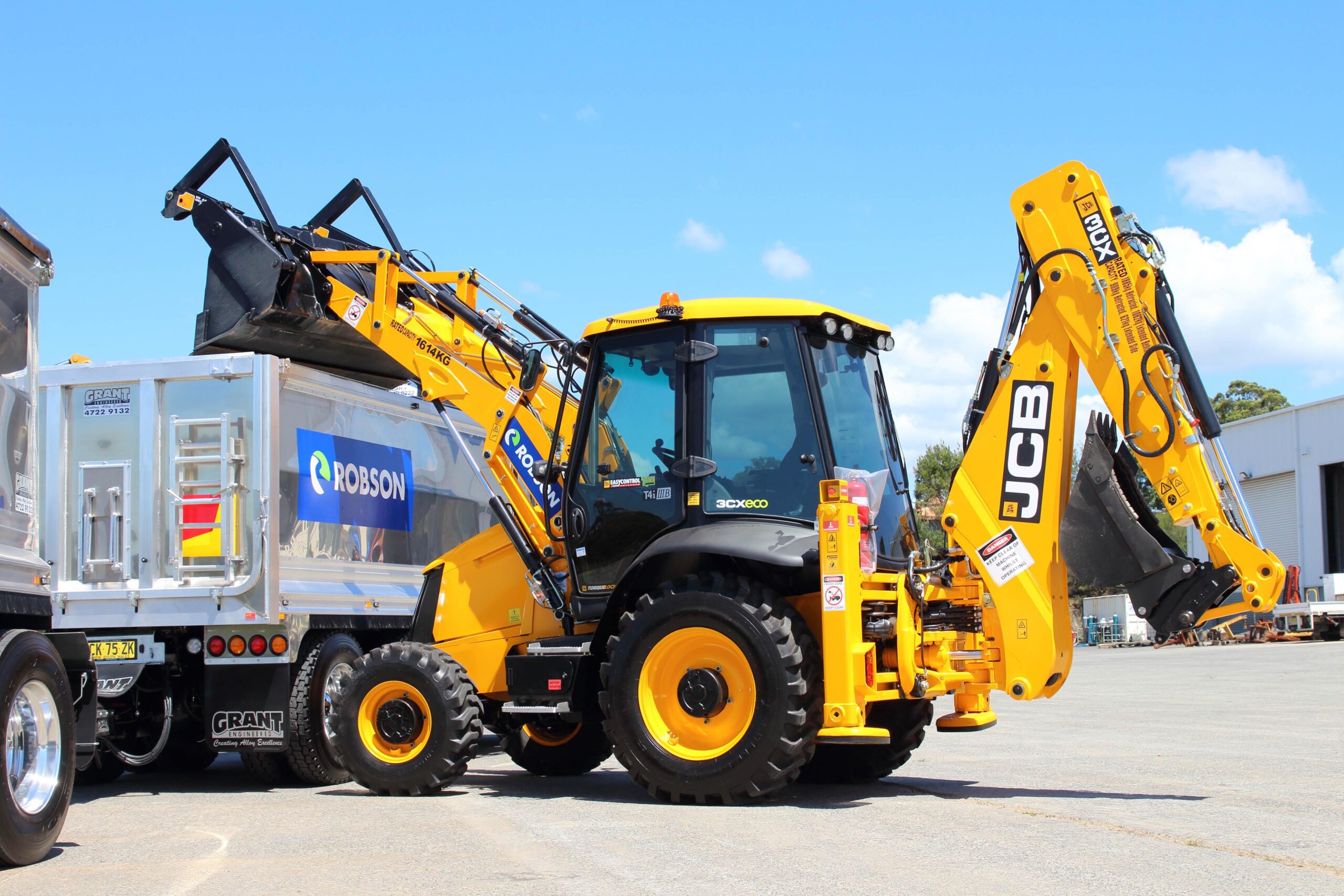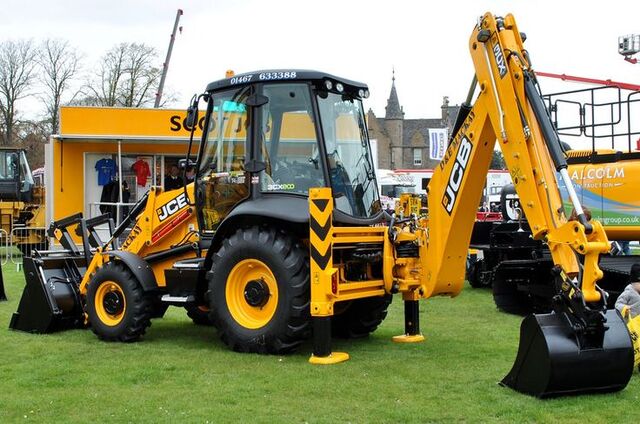Earthmovers Loan
An Earthmovers loan, also known as a construction equipment loan or heavy machinery loan, is a specialized form of financing designed to assist individuals or businesses in acquiring heavy construction equipment, such as JCBs (backhoes), Hywas (dump trucks), and Pocklands (excavators). These loans are tailored to meet the specific needs of construction and infrastructure development projects.
Earthmovers loans enable construction businesses to acquire the heavy machinery necessary for their projects while spreading the cost over time. It’s essential to carefully consider interest rates, loan terms, and eligibility criteria when seeking an Earthmovers loan to ensure it aligns with the business’s financial needs and objectives.
Key Features
- Purpose: Earthmovers loans are specifically intended to finance the purchase of heavy construction equipment used in various projects, including road construction, excavation, building construction, and infrastructure development.
- Secured Loan: Earthmovers loans are typically secured loans, with the construction equipment itself serving as collateral. If the borrower defaults on the loan, the lender can repossess and sell the equipment to recover the outstanding balance.
- Loan Amount: The loan amount covers the total cost of the construction equipment, including the purchase price, taxes, registration fees, and any additional expenses associated with the equipment.
- Down Payment: Borrowers may be required to make a down payment toward the purchase of the construction equipment. The size of the down payment can vary but is often a percentage of the equipment’s price.
- Interest Rates: Earthmovers loans can have fixed or variable interest rates, depending on the lender’s offerings and the borrower’s preferences. Interest rates are influenced by market conditions, creditworthiness, and the loan term.
- Loan Term: The loan term for Earthmovers loans can vary but is typically longer compared to consumer auto loans or commercial vehicle loans. Terms often range from 36 to 84 months (3 to 7 years).
- Monthly Payments: Borrowers make regular monthly payments to the lender, including both principal (the loan amount) and interest. The total monthly payment amount is determined by the loan amount, interest rate, and loan term.
- Creditworthiness: Lenders evaluate the borrower’s credit history, credit score, business financials, and debt-to-income ratio to determine eligibility and interest rates. A stronger credit profile often leads to more favorable loan terms.
- Equipment Usage: The financed construction equipment must be used primarily for business purposes. Some lenders may have restrictions on personal use.
- Business Documentation: Borrowers typically need to provide documentation related to their business, including business registration, financial statements, and proof of business insurance.
- Ownership and Repossession: While borrowers have full use and ownership of the construction equipment, the lender holds a lien on the equipment as collateral. In case of default, the lender can repossess the equipment.
- Equipment Inspection: Lenders may conduct inspections of the equipment to assess its condition and value.


